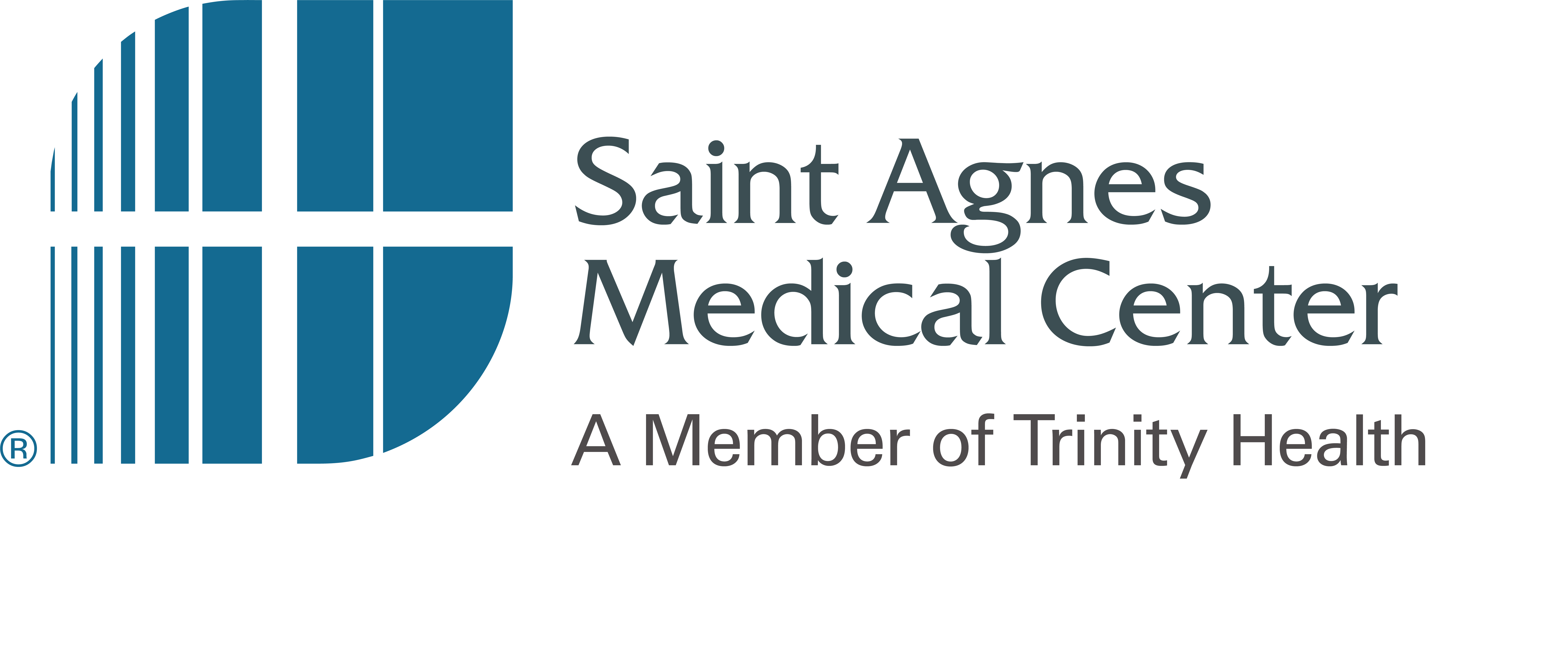FAQ
What is a clinical trial?
A clinical trial is a way of studying whether a particular medical device, drug or method of radiation is effective in diagnosing, preventing or treating a particular condition or illness. The conduct of a study follows a detailed set of instructions (known as a protocol) that usually includes various tests and procedures used to evaluate the safety and effectiveness of the investigational product. The results of these studies are intended to advance medical knowledge and improve patient health and quality of life.
Why should I participate in a clinical trial?
As a volunteer, you have the chance to be involved in clinical research that may bring about an improvement in the diagnosis or treatment of a particular condition or disease. Your doctor may recommend that you take part if there is a chance you could receive a device, test or treatment that may help diagnose or treat your condition.
Who pays for the clinical trial?
A research trial is paid for by the company that is developing the medical device or drug. Some tests, procedures or medications in a trial are “investigational” and others may be “routine” (standard care). The sponsor of the study typically pays for all the investigational tests, procedures and materials, while the research participant or research participant’s insurance sometimes pays for the things that they would have received anyway in the routine course of their diagnosis and treatment (i.e., absent the clinical trial).
California Senate Bill 37 requires all health care service plans (including Medi-Cal/Medicaid) and certain disability insurers to provide coverage for specific health care services related to the treatment of an enrollee or insured diagnosed with cancer and accepted in a clinical trial approved by the National Institutes of Health, the U.S. Food and Drug Administration, U.S. Department of Defense or Department of Veterans Affairs. This includes most cancer clinical trials. Health plans do not have to pay for anti-cancer agents that are not yet approved by the U.S. Food and Drug Administration, however these drugs are typically given to clinical trial participants at no cost by the government agency, university medical center or pharmaceutical company that sponsors the trial. Health insurers are not required to pay for items or services that are not included in your health plan. Co-pays and deductibles remain in effect regardless of your participation in the trial.
Where can I find other information about clinical trials?
The U.S. Health and Human Services Department (clinicaltrials.gov) provides information on clinical studies for a wide range of diseases and conditions.
The National Cancer Institute (cancer.gov) provides information on various types of cancer, resources for cancer patients and cancer clinical trials.
The American Cancer Society (cancer.org) provides patients and families with information on various types of cancer, clinical trials, drugs, and support resources and tools for patients, family members and caregivers.
